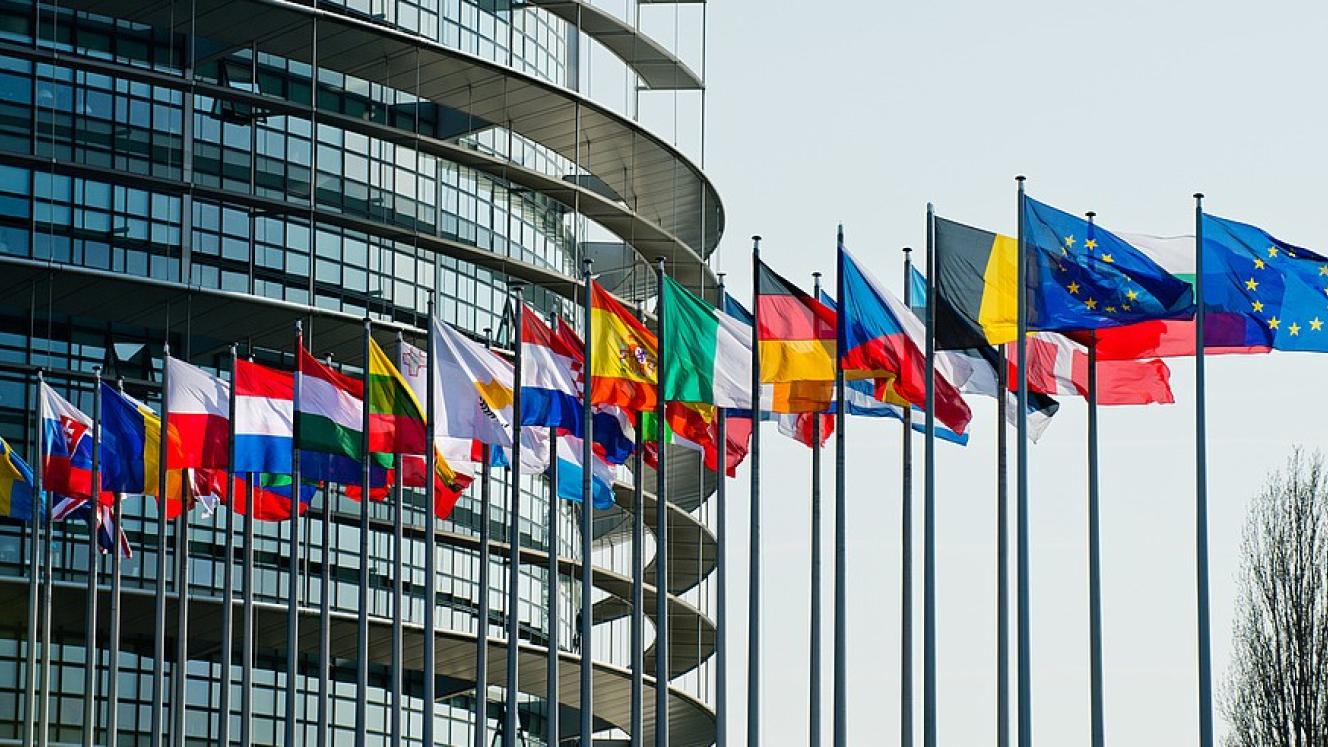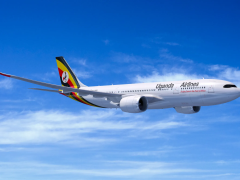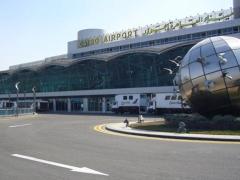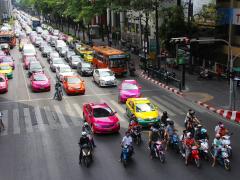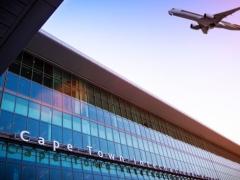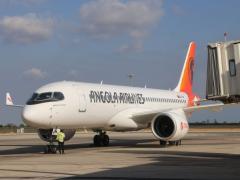Following multiple delays, the roll-out of the European Union’s Entry Exit System (EES) will begin on October 12.
EES will replace the current system of manually stamping passports when visitors arrive in the Schengen area for short stays and depart from the bloc.
All non-EU nationals entering the EU will be required to register biometric data, including fingerprints and facial scans, at self-service kiosks and tablets or with border officials, in one of 29 participating countries. These countries include France, Germany, Greece, Italy, The Netherlands, Portugal and Spain.
South African passport holders will not be able to register using the self-service kiosks or tablets, as the South African passport does not contain a biometric data chip. They will be required to register with border officials at border security booths.
Once travellers are registered with the EES system, they will have to scan their entrance into and exit from the bloc. On subsequent visits, travellers will not need to repeat the registration, as their data on file will be used to record their entries and exits digitally.
However, until EES is fully rolled out, travellers’ passports will continue to be stamped, even if they have already registered for EES.
Due to the anticipated congestion that will arise during the initial traveller registration phase of the new digital border system, the launch will be gradually rolled out over six months. From April 2026, EES is expected to be fully operational at all external EU border crossings.
Increased congestion
Advisories from countries and airlines warn that travellers may experience longer processing times at passport control and need to take this into consideration when they arrange their travel and transfers from their arrival ports. Each country has released more details on the planned roll-out and likely impact:
UK
According to the UK Foreign Travel Advisory, travellers arriving from the UK will likely see additional delays and congestion at the cross-channel borders, as the requirement will apply to both British passport holders and third-country nationals.
The UK government confirmed that EES registration would be rolled out on Eurostar’s cross-channel rail operations from St Pancras and for travellers using shuttles at the Eurotunnel Folkestone Terminal and Port of Dover. Individual vehicle passengers using the Eurotunnel and Port of Dover will only be required to register on the EES system from November 1.
Germany
Germany’s Federal Ministry of the Interior and Federal Police announced that only Düsseldorf Airport would implement EES from October 12. Thereafter, the system will be rolled out at Munich and Frankfurt Airports.
France
The French Ministry of Internal Affairs confirmed that the country would roll out EES at Paris-Charles de Gaulle Airport and 11 other regional airports in France. Additionally, France’s Eurostar Gare du Nord Station and Eurotunnel Coquelles Terminal will implement EES from October 12.
Italy
Both Rome Fiumicino and Milan Malpensa Airports are scheduled to be the first to introduce the system. Additionally, popular cruise port, Civitavecchia is set to launch EES registrations from October 12.
The Netherlands
The Netherlands will implement EES at Rotterdam The Hague Airport on October 27 and at Amsterdam Schiphol Airport on November 3. All sea ports will roll out EES by October 27.
Spain
Spain will conduct its first EES registration test on a single international flight which will arrive at Adolfo Suárez Madrid-Barajas Airport on October 12. According to The IndependentUK, Spain will gradually implement EES, first at airports, then at land borders and finally at sea borders.
Portugal
Portugal’s Internal Security System is in charge of implementing EES and has committed to completing the country’s roll-out by April 2026. No airports, land ports or sea ports have been be specified for initial implementation.
Growing pains to bring benefits
“We welcome this development because, as part of the application processes for visas for clients, we already do a significant amount of due diligence and vetting through the checks that are done and documents that are submitted, which can be very onerous at times,” said Candice Magen, CEO of Visas Abroad, an immigration and visa services specialist.
“If this technology leads to increased efficiency with enough kiosks and a faster, more seamless travelling experience, this will be a win for the travel sector in line with our goals to constantly enhance and improve travellers’ experience.”
Magen explained that South African travellers were often demarcated into the category of ‘other passports’, resulting in massive delays after a long-haul flight, adding further inconvenience to a traveller’s time and experience. However, the EU confirmed that there would be no categorisation for different nationals once EES was fully implemented.
“Hopefully, this will be the end of long queues and delays experienced at some counters where passports were previously stamped manually, as this system will enable South Africans to process their entry and exit faster through this self-service technology,” she said.
